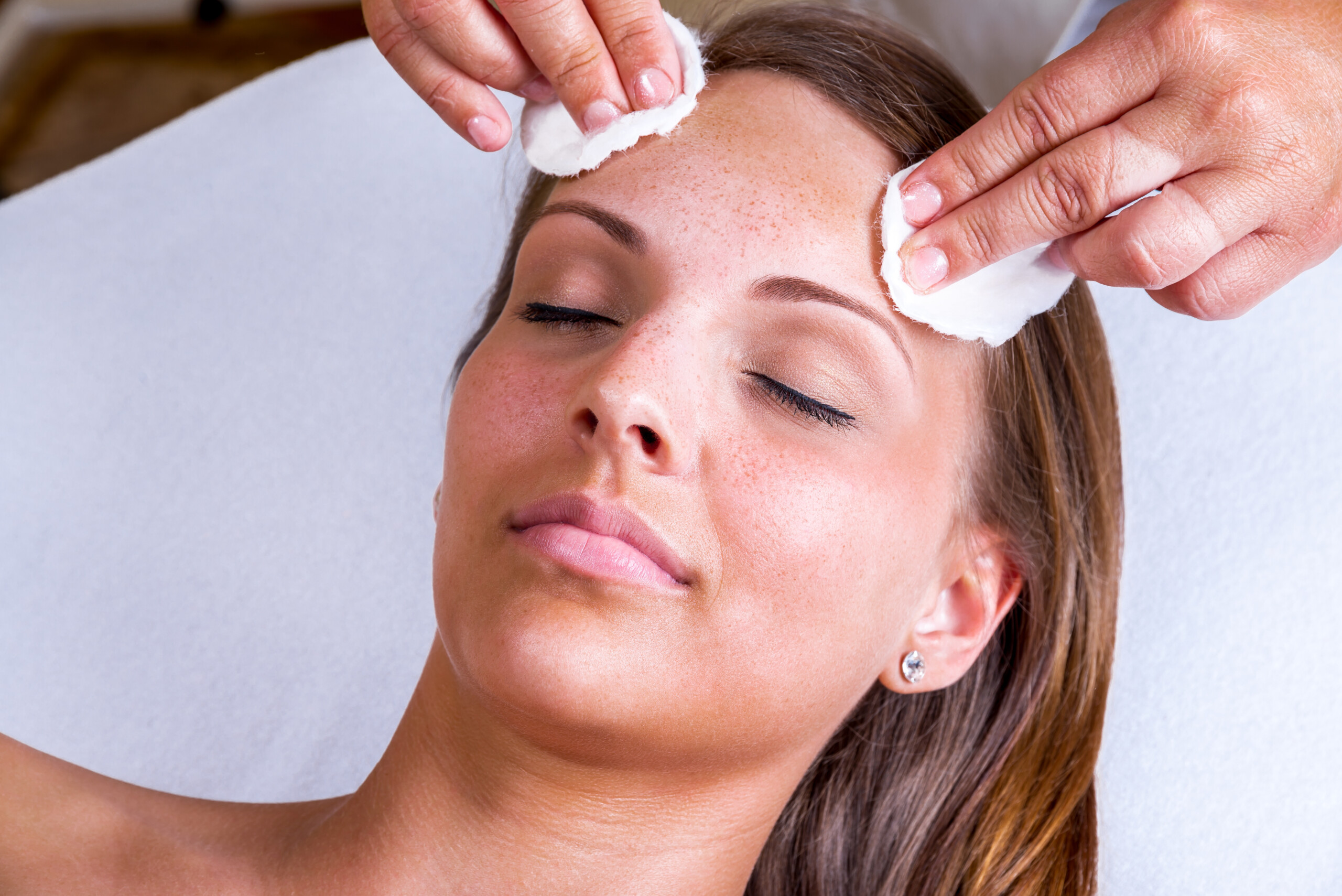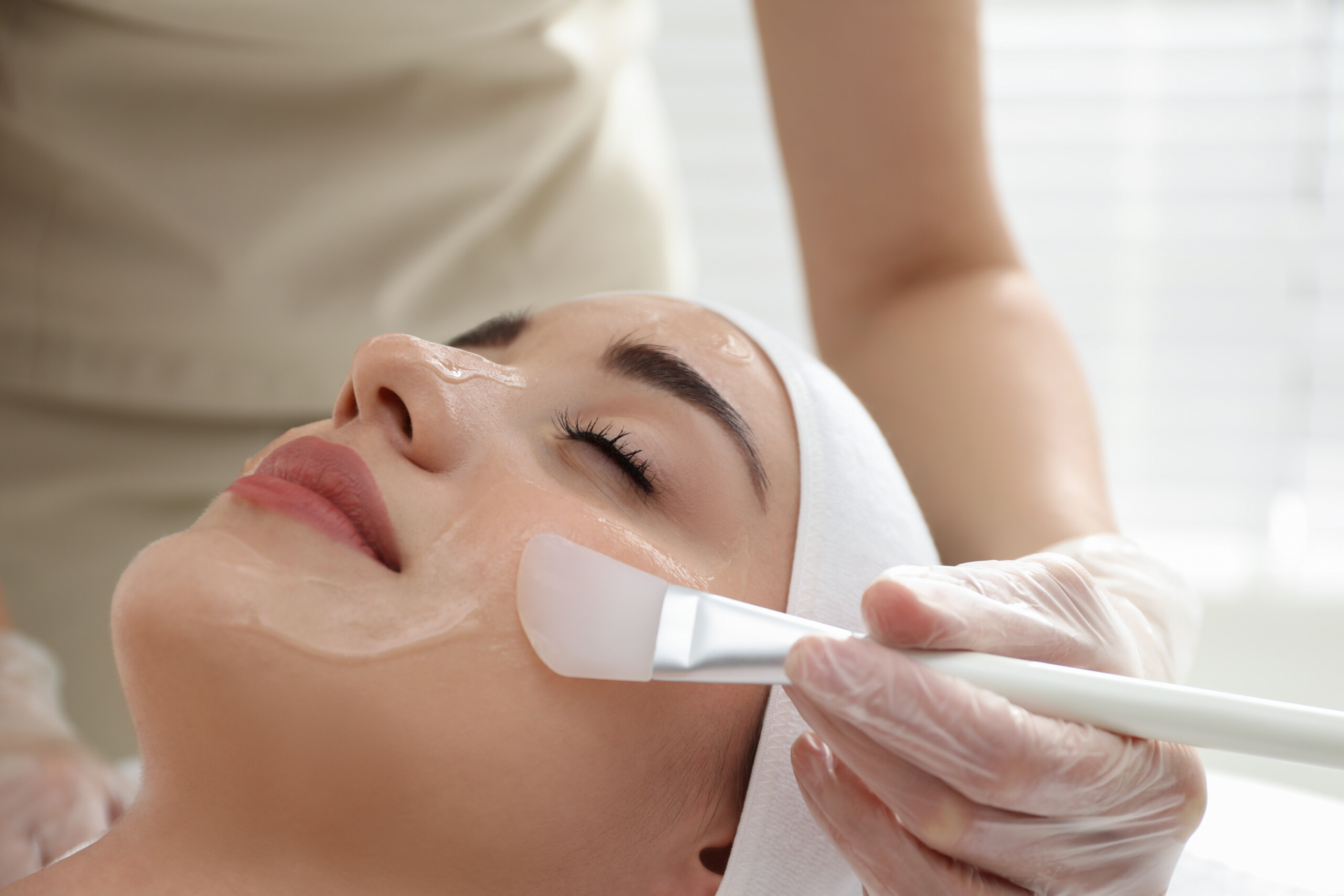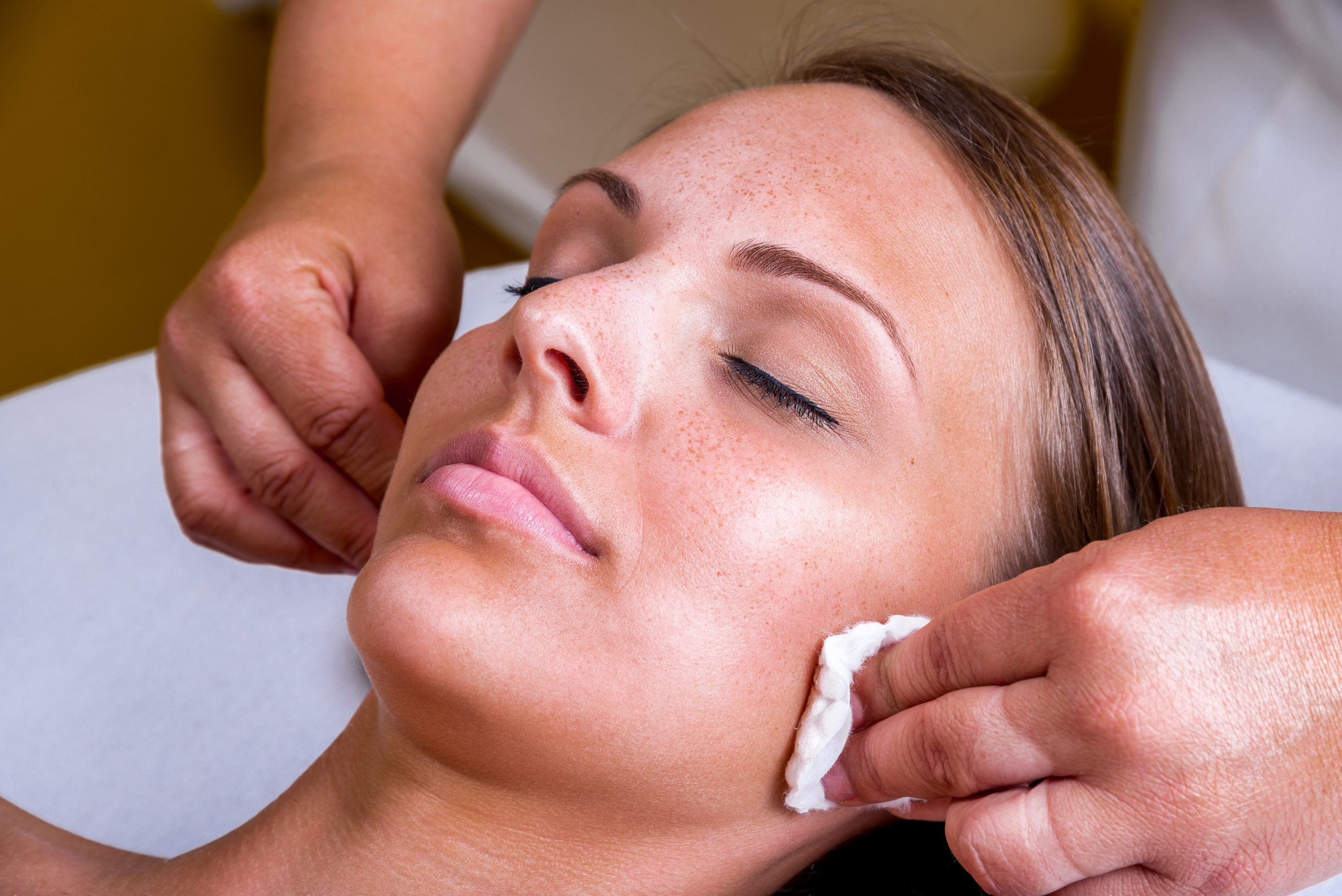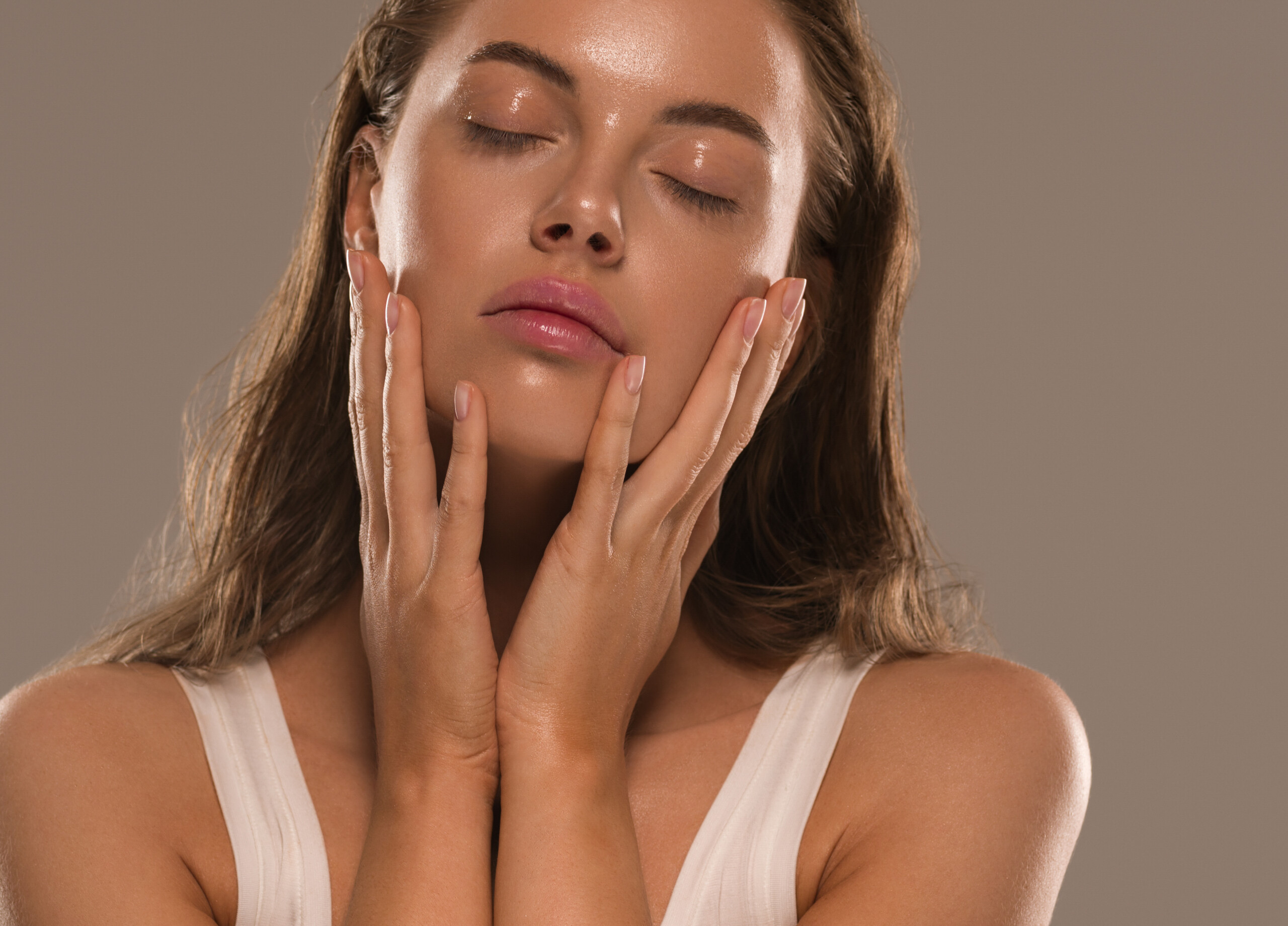Are pigmentation peels painful?
No, not at all. Most people will experience a warm or tingling sensation as the active ingredients of the peel penetrate the skin and work to break down dead skin and trigger the renewal process.
Can you see results after one session?
This depends on the individual – your skin type, current skin condition, your concern, and its severity are all factors in the quantity of sessions required to achieve the results you want.
Some patients find that only one round of treatment is sufficient in producing a visible improvement to their complexion. However, we generally recommend a short course of peel treatments, spaced around 4-6 weeks apart, to achieve optimal results.
Your treating dermal therapist will assess your skin and determine the best course of action for you.
Should you stay out of the sun after this treatment?
Yes – avoid sun exposure following this treatment, as your skin will be extra vulnerable and sensitive to UV damage.
You should be very strict with daily application of a physical sunscreen, and ensure you reapply throughout the day.
Extended sun exposure is not recommended for at least four weeks following your peel, so that your skin has time to regenerate and restrengthen its protective barrier.
What other treatments are effective at treating pigmentation?
We offer multiple treatments that effectively target and reduce the appearance of hyperpigmentation, through a variety of treatment modalities.
Specific dermal lasers can be used for treating different types of pigmentation, including IPL (Intense Pulsed Light), Q-Switch, and CO2, among others.
We also provide a range of medical-grade facials and chemical peels, including The Resurfacing Peel, which treats stubborn and hormonal pigmentation such as melasma by using physical exfoliation instead of chemical. This peel is ideal for melasma due to no heat being involved (heat can exacerbate this condition).
Depending on the condition of your skin, the type of pigmentation you are treating, and the severity of your concern, it may be recommended that you use one of these treatment options or a combination of modalities for best results.
Upon assessing your skin, your treating dermal therapist will devise a treatment plan that’s tailored to your skin and your unique goals.





























